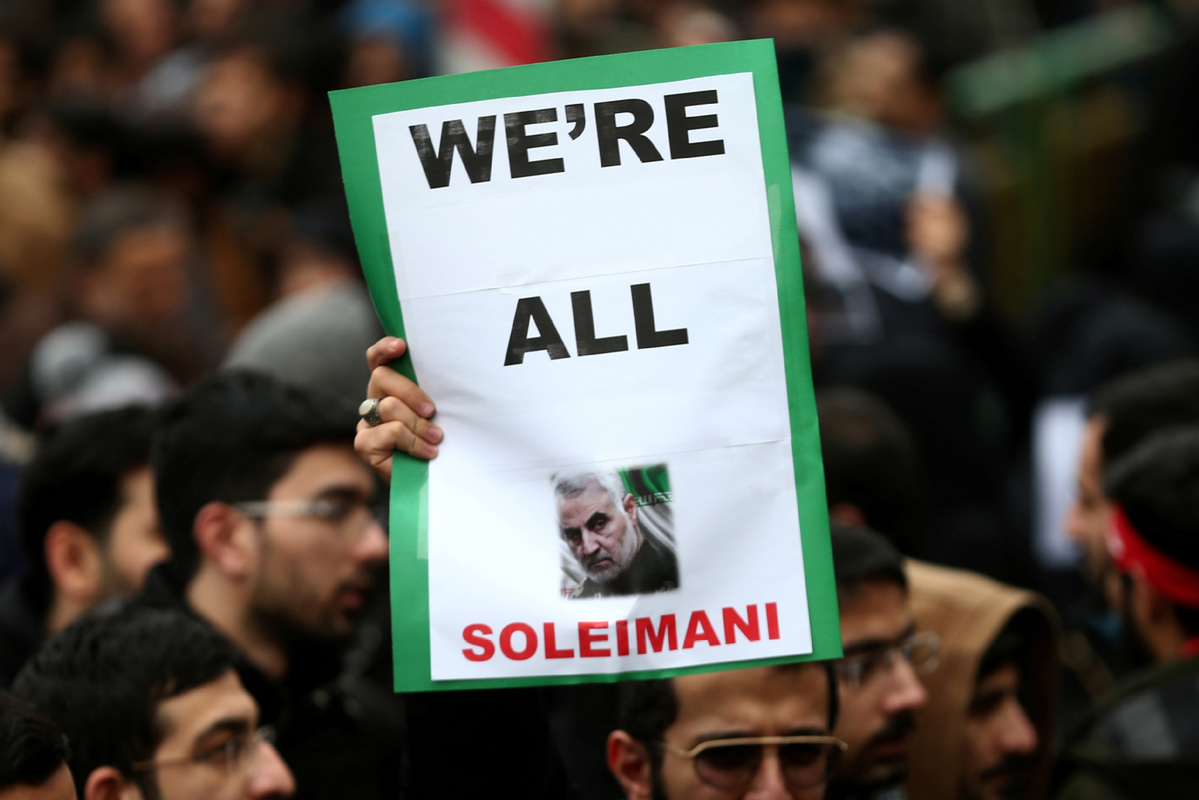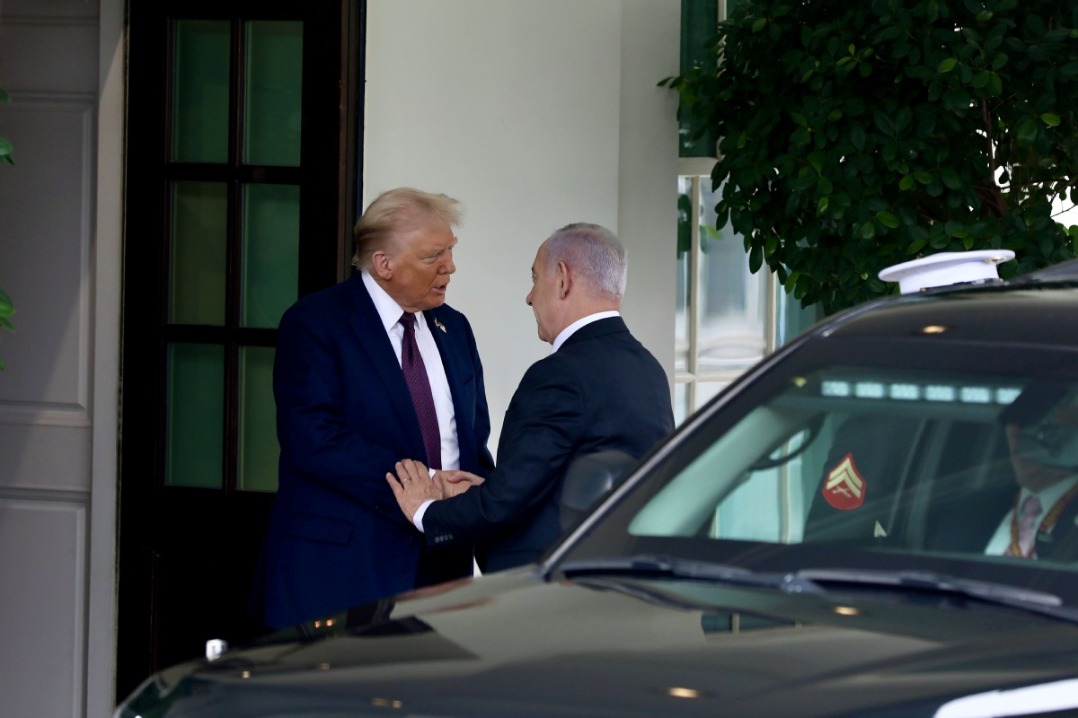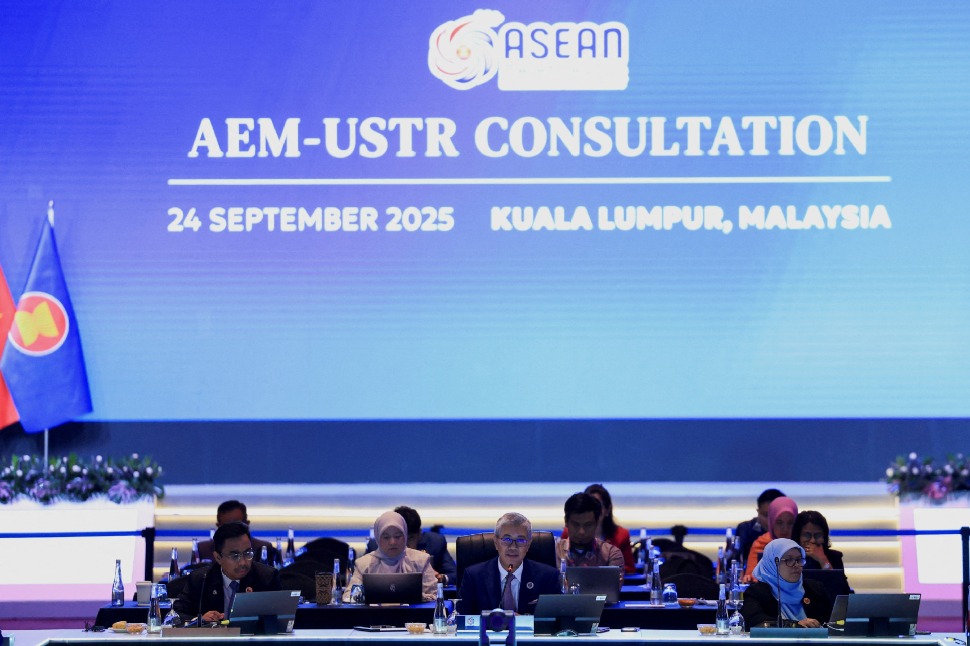Pentagon chief denies US leaving Iraq; Tehran crowds mourn commander


THRONGS IN TEHRAN
Khamenei led prayers at the funeral in the Iranian capital, pausing as his voice cracked with emotion.
The killing of Soleimani has prompted concern around the world that a broader regional conflict could flare.
Trump vowed on Saturday to strike 52 Iranian targets, including cultural sites, if Iran retaliates with attacks on Americans or US assets, and stood by his threat on Sunday, although American officials sought to downplay his reference to cultural targets.
Responding to Trump's vow, Iran's President Hassan Rouhani wrote on Twitter on Monday: "Never threaten the Iranian nation." Soleimani's successor vowed to expel US forces from the Middle East in revenge.
Rouhani, regarded as a moderate, responded to Trump on Twitter.
"Those who refer to the number 52 should also remember the number 290. #IR655," Rouhani wrote, referring to the 1988 shooting down of an Iranian airline by a US warship in which 290 were killed.
Trump also took to Twitter to reiterate the White House stance that "Iran will never have a nuclear weapon," but gave no other details.
Washington blamed Soleimani for attacks on US forces and their allies.
General Esmail Ghaani, Soleimani's successor as commander of the Quds Force, the elite unit of Iran's Revolutionary Guards charged with overseas operations, promised to "continue martyr Soleimani's cause as firmly as before with the help of God, and in return for his martyrdom we aim to rid the region of America."
"God the Almighty has promised to take martyr Soleimani's revenge," he told state television. "Certainly, actions will be taken."
Iran Sunday dropped all limitations on its uranium enrichment, another step back from commitments under a landmark deal with major powers in 2015 to curtail its nuclear program that Trump abandoned in 2018.
Reuters

































